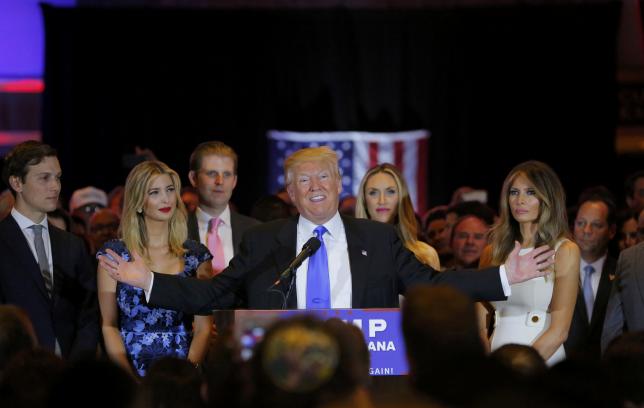The African Union is holding the first ever international conference on the Great Green Wall in Dakar this week. The goal is to map out a strategy to stop desertification in the Sahel-Sahara region, which experts say is driving poverty and insecurity.
At the climate change summit in Paris in December, world leaders pledged $4 billion over the next five years for the restoration of Africa’s landscapes. That included support for the so-called Great Green Wall initiative. Now, delegates from 20 countries north and south of the Sahara are meeting with experts and grassroots organizations in Dakar to discuss the way forward.
Speaking Tuesday at the opening of the conference, Senegal Minister of Environment Abdoulaye Bibi Balde explained the idea behind the Great Green Wall strategy.
He said the Great Green Wall is about much more than simply building a band of greenery. He said it is a strategy to increase the value of the Sahara-Sahel zone through better land use.
The Great Green Wall concept was first proposed in 2005. It was then championed by former Senegalese president Abdoulaye Wade.
Trees, shrubbery to counter desert spread
The project would entail planting thousands of kilometers of trees and shrubbery from Senegal to Djibouti to stop the southern spread of the Sahara desert.
Desertification and land degradation in the region have contributed to severe food shortages and insecurity, including the rise of terrorist groups.
Hamady Diop, program manager for the Natural Resources Governance program of the NEPAD agency at the African Union, says the Great Green Wall will also address drivers of illegal migration.
“These range from climate change, land degradation, declining agricultural productivity and insufficient job creation for our rural community, to mention a few. These are [having] effects such as migration, rapid urbanization, creating increased demands for jobs and changing consumption patterns. For example, regarding the problem of land degradation, it is estimated that this problem affects about 65 percent of the African population. And it is important for urgent actions to be taken,” Diop said.
Experts say the Dakar conference reflects the strong political will behind the project and an urgency to get it moving.
Source: Voice of America



